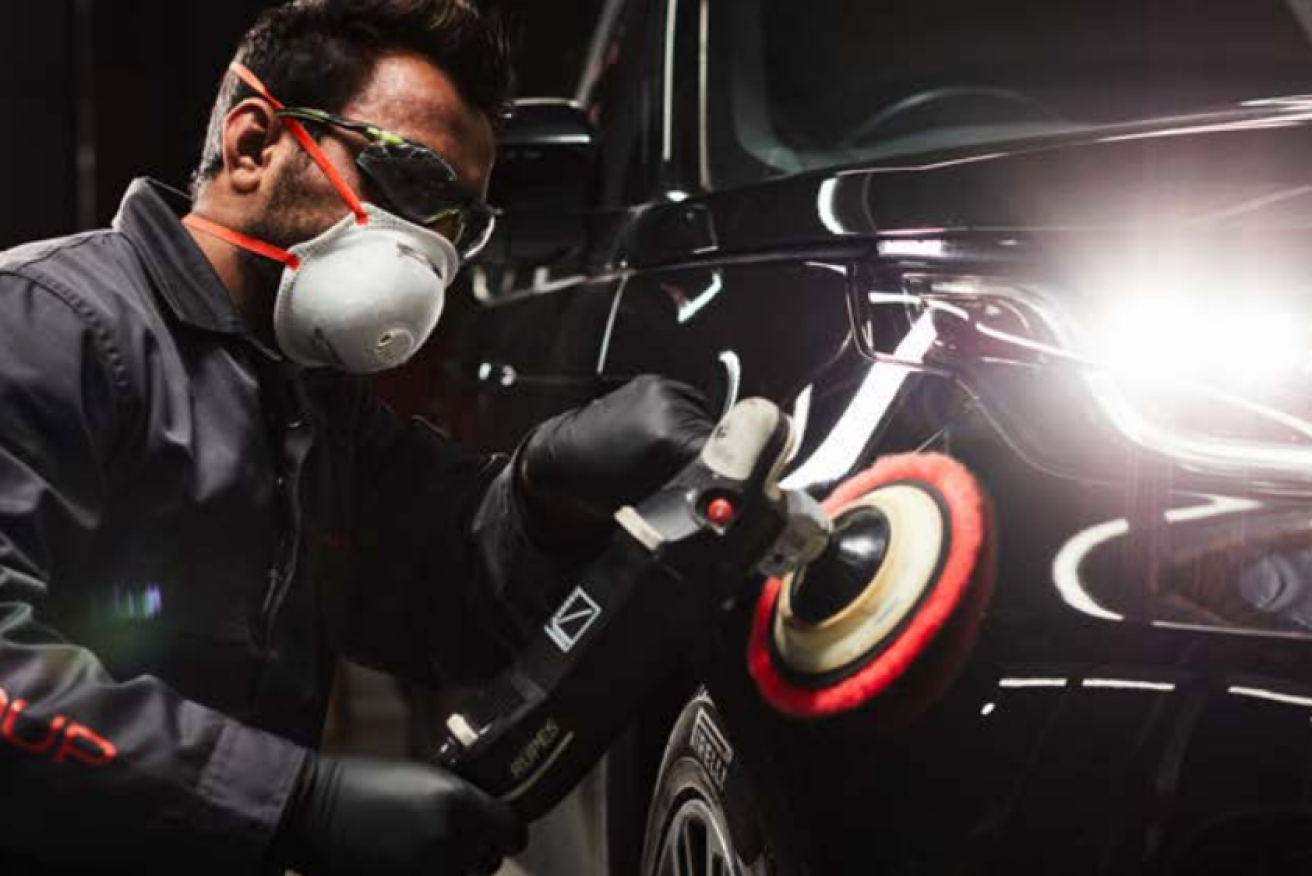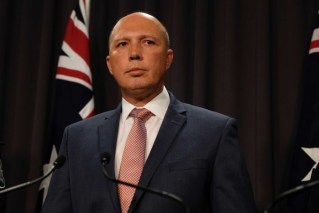We’re having fewer car crashes, but not everyone’s happy about it
Australians were just not smashing the cars like they used to and it has meant another issue in a series of problems affecting smash repair company AMA Group.


AMA Group's profit has been hit by a series of dramas
The company reported a $148 million loss for the 2022 financial year, which included a $105 million goodwill impairment.
But there was also a 14 per cent decrease in repair volumes, partly because of Covid restrictions during the year, which meant people were not driving as much and so there were fewer accidents, particularly in Sydney and Melbourne.
The company also faced significant absenteeism because of Covid-19 and the flu. There was also an increase in the cost of raw materials and consumables, which impacted margins, and corporate costs increased, partly because of legal issues.
Revenue for the year was $845 million, down on the previous year’s $919 million. The normalised EBITDA was $21.8 million.
It has also decided against a dividend.
Chair Anthony Day and chief executive Carl Bizon said in a letter to shareholders 2022 was not the year they had hoped for, or expected.
“Like many of our stakeholders we are frustrated by the impact of that the external environment has had on the company’s operations,” they said.
The company expected more normalised conditions in the current half year, but they noted there were still lower than normal traffic volumes because people were self-isolating.
“This quickly evolved from a scarcity of volume to a scarcity of labour,” Day and Bizon told shareholders.
Then along came the flu to combine with the lingering Covid-19 infections.
“This impacted the group’s ability to absorb overheads, therefore negatively affecting margins,” they said.
The company said it was also no longer willing to accept profitless repair volumes as a way to build scale and had chosen to exist some contracts where insurers were unwilling to adjust pricing adequately to reflect inflation.
That led to the rationalisation of several sites.












